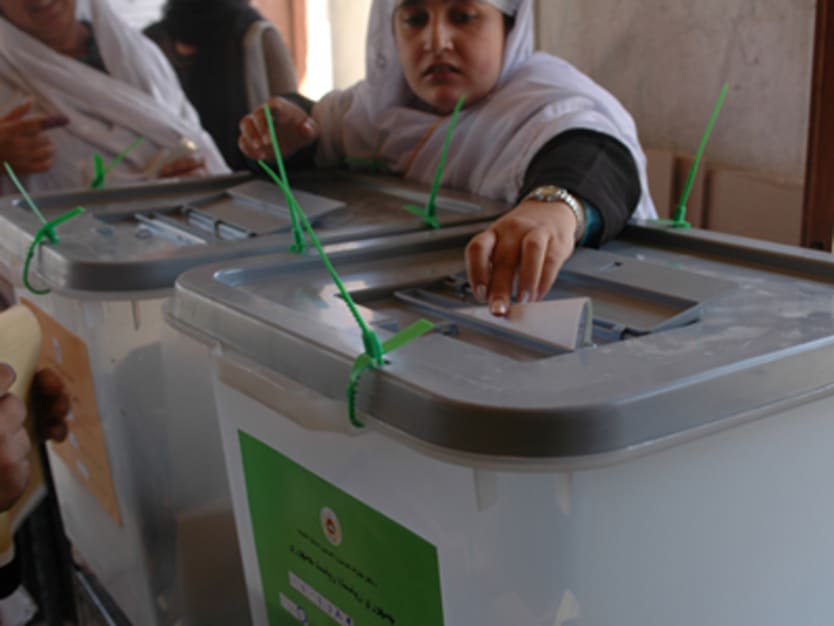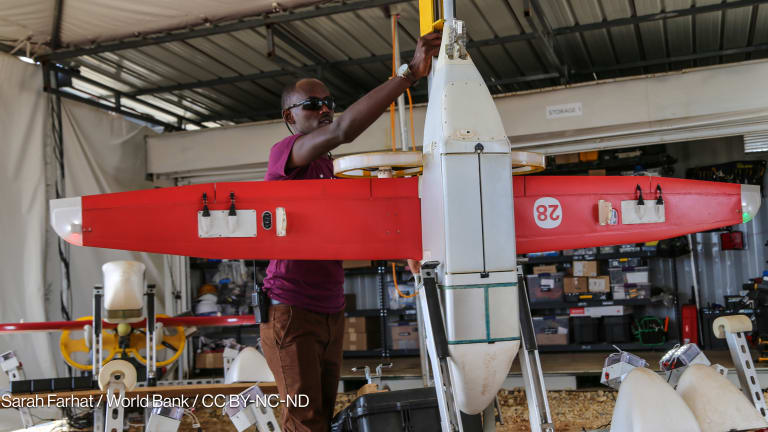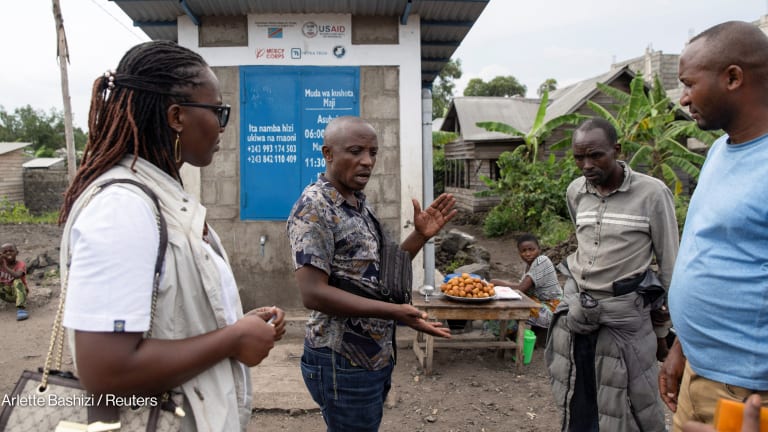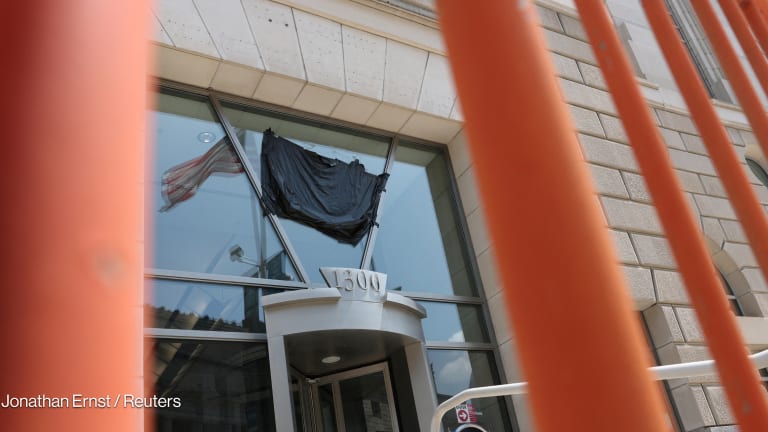
The U.S. Agency for International Development’s Office of Transition Initiatives has chosen the firms that will implement the vast majority of its programs for the next five years through a suite of contracts that Rob Jenkins, the head of the office, called “a huge step forward and a milestone in the history of OTI.”
SWIFT IV, an indefinite quantities contract — or IQC — worth up to $2.5 billion over five years, allows OTI partners to deliver flexible short-term grants to local organizations to “help advance peace and democracy in countries that are in transition.”
Each of the SWIFT awards has been a bit different from its predecessor. The latest version of the SWIFT IQC represents a “very incremental evolution,” according to USAID’s contracting team.
SWIFT IV differs from past awards in that it divides the overall IQC into two sub-IQCs, which are separated by regional groupings. IQC-A covers Africa, Latin America and the Caribbean, while IQC-B covers Asia, the Middle East, Europe and Eurasia.
Most of the awardees are receiving contracts under both sub-IQCs, while Casals and Associates and RTI International are to receive a contract under Sub-IQC A only.
‘Audacious’ model?
OTI’s model has been described as unique within the U.S. aid architecture.
Former Secretary of State Hillary Clinton’s Quadrennial Diplomacy and Development Review singled out OTI as an example of the kind of flexible and adaptive programming other offices at the State Department and USAID could emulate as they increasingly seek to work in the world’s most challenging environments — yet the office is also regarded by some as being somewhat audacious and overly proud, according to its own director’s admission.
“OTI gets criticized often for being too proud. I prefer audacious, but it is valid criticism,” said Jenkins.
When countries emerge from conflict or enter into periods of potential transition — such as during elections or the implementation of new constitutions — OTI’s team determines whether that window of opportunity exists, and whether the country in question is of sufficient U.S. interest to justify a transition program.
Procurement vehicle
Part of OTI’s reputation for “audacity” stems from the office’s fast-moving, rapidly changing, and unpredictable spending habits, using small grants during limited “windows of opportunity.” The small grants OTI’s partners award in transition environments average only about $30,000 in value and two to three months in implementation time.
The SWIFT IQC is the procurement vehicle that makes that possible.
“Our business model is based on SWIFT. About eighty five to ninety percent of our business in a given year goes through SWIFT,” Jenkins explained to SWIFT IV bidders in 2012.
9 partner firms won this fourth iteration of the SWIFT award: AECOM, Casals and Associates, Chemonics International, Creative Associates International, DAI, International Relief and Development, International Resources Group/Engility, Management Systems International, and RTI International.
OTI has currently active programs in 12 countries: Afghanistan, Burma, Côte d’Ivoire, Honduras, Kenya, Lebanon, Libya, Mali, Pakistan, Syria, Tunisia, and Yemen. Typical country programs last between two and three years, though USAID’s reconstruction role in Afghanistan has required multiple OTI programs, and in recent years Afghanistan has constituted almost half of OTI’s global staff presence.
Read more on U.S. aid reform online, and subscribe to The Development Newswire to receive top international development headlines from the world’s leading donors, news sources and opinion leaders — emailed to you FREE every business day.








